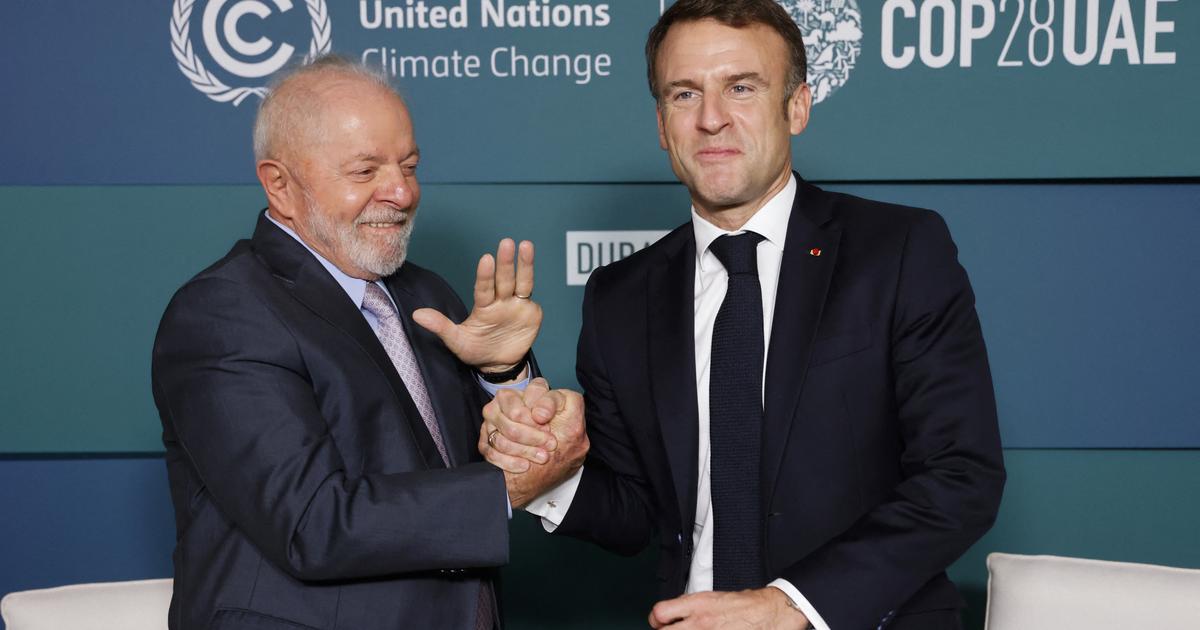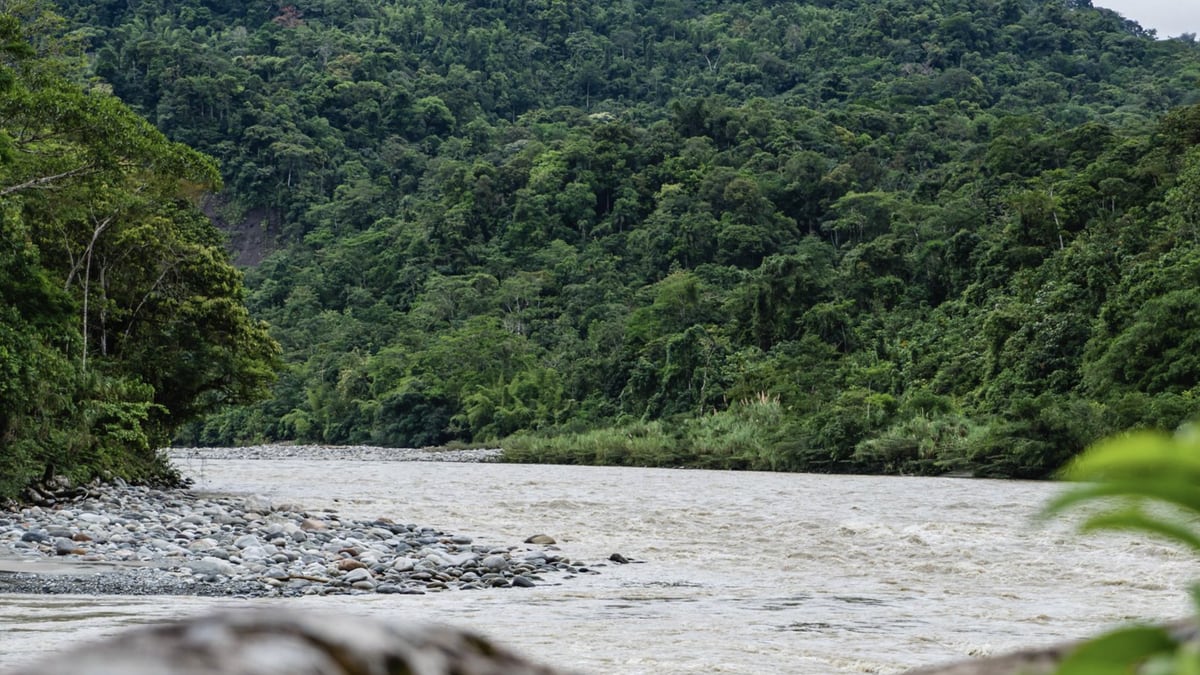With the latest global crises caused by covid-19 and the Russian invasion of Ukraine, the world has entered a new era.
German Chancellor Olaf Scholz has rightly used the word “zeitenwende”, which means “point of return”.
The tectonic plates of geopolitics are shifting, as are the European values of democracy.
The rule of law and human rights are threatened by autocratic regimes.
Faced with such profound changes, the European Union (EU) has to be more assertive.
We have to promote a positive proposal that convinces our international partners that, together, we can promote a model of sustainable social, environmental and economic development.
The EU offer creates sustainable links and strengthens strategic autonomy.
Does not create or deepen dependency relationships
In the second half of 2023, Spain will assume the rotating presidency of the European Council.
This will play a crucial role in relaunching the EU's relationship with Latin America and the Caribbean.
It's time to face reality.
For too long we have taken this strong partnership, rooted in deep historical and cultural ties, for granted.
This must change.
I have had the pleasure of discussing the priorities of the Spanish presidency with the Prime Minister, Pedro Sánchez Pérez-Castejón.
I am impressed by the level of ambition and commitment that Spain has with Latin America and the Caribbean.
Spain participates in almost all the major initiatives aimed at the region, within the framework of Global Gateway, the global investment strategy of the EU.
This strategy is the sustainable and reliable alternative that the EU offers its partners today to advance in the double technological and green transition and to face the global infrastructure deficit.
Not all partnership/cooperation proposals are the same.
The EU offer creates sustainable links and reinforces strategic autonomy.
It does not create or deepen dependency relationships.
And it is anchored in high social and environmental standards.
These are our values.
Infrastructure investments are at the center of current geopolitics.
Recent events have revealed the fragility of the global supply chain and have underscored the need for a transition to more sustainable growth models.
Global Gateway is a crucial part of the G7 initiative known as the Global Partnership for Infrastructure Investment (PGII).
In addition to physical infrastructure, Global Gateway also focuses on the areas of health, education, research and skills acquisition.
The EU offer provides a clear added value to the social agenda, to create decent jobs, promoting professional training to adapt it to the professions of the future, strengthening civil society and promoting gender equality and youth empowerment.
The European Union, Latin America and the Caribbean already cooperate at different levels, with programs such as BELLA, in the digital sphere;
EUROSOCIAL+, to promote social cohesion;
and EUROCLIMA, in the area of the environment.
In the coming months, we will work together to further strengthen our deep cooperation and partnership.
EU companies are very present in Latin America and the Caribbean, thanks to them, the EU is the leading foreign investor in the region, ahead of the US and China.
Next summer we will take the next big step, with the celebration of the EU-CELAC Summit – the last Summit took place in Brussels in June 2015.
This meeting will be a unique opportunity to discuss the investment agenda for the region in the priority areas of the Global Gateway.
Renewable energies, raw materials, joint investment in the production of vaccines and the improvement in the scope of digital connectivity for the inclusion of remote populations or territories are key elements of this plan.
In recent decades, cooperation between the EU and Latin America has developed mainly within the framework of bilateral or regional agreements focused on cooperation and trade.
With this bi-regional strategy, we can strengthen our ties and amplify our connections in a more coherent and structured way.
The private sector is key.
EU companies are very present in Latin America and the Caribbean: they lead the market in many sectors and are a source of innovation.
Thanks to them, the EU is the leading foreign investor in the region, ahead of the US and China.
Therefore, the investment agenda that Latin America and the Caribbean have on the table represents a great opportunity within the framework of the Global Gateway.
In other words, the EU will work to train and strengthen its partners in Latin America and the Caribbean so that they become resilient and, from there, face inequality, which continues to be the main problem of the region in which we want to work together.
Strategic autonomy is as important to our partners as it is to us.
Jutta Urpilainen
is the European Union Commissioner for International Associations.
You can follow PLANETA FUTURO on
,
and
, and subscribe
here
to our 'newsletter'
.

/cloudfront-eu-central-1.images.arcpublishing.com/prisa/RHT3QOAQUCL4CISQ52ZVZVQJLM.jpg)



/cloudfront-eu-central-1.images.arcpublishing.com/prisa/2C5HI6YHNFHDLJSBNWHOIAS2AE.jpeg)

/cloudfront-eu-central-1.images.arcpublishing.com/prisa/AYBDQARVBB2WDG6IFPXHYFIMBM.jpg)

